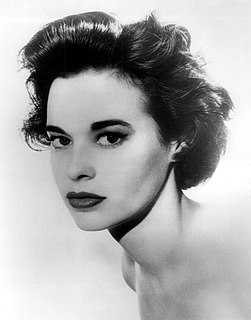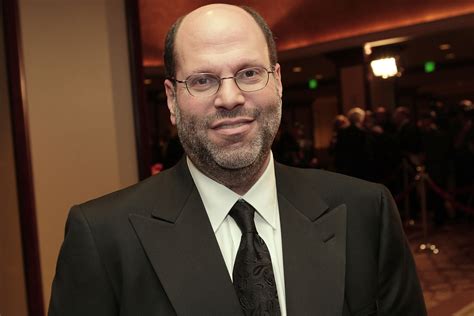A Quote by Gloria Vanderbilt
A work of fiction is conceived very much the same way as a dream occurs in the mind of a sleeper. But a lot of it is imagination. It's not based on real people.
Related Quotes
Now, I'm a failed political consultant. But sometimes fiction has a way of capturing people's imagination in a way that non-fiction doesn't. Conservatives typically haven't written much fiction - specifically political thrillers - over the years to educate, inspire and mobilize people on issues of great import, but we ought to.
I try to be as faithful as possible to the facts as I understand them, but any story is at least partly a product of the imagination. I can comprehend a lot by immersing myself in all of the information I've collected, but my imagination is what brings it to life, and the bridging of that gap - between the received history and the conceived fiction - is both the most difficult and most enjoyable part of the process for me.
With fiction, you are creating an imaginary world. And it can be a very mechanical process. In a fictional film, you create the characters who become "real people" when facing the camera. When you stop shooting, they change their costumes and become someone else. And people tend to believe in documentary more than fiction. Even if the fiction is based on a true story, everybody will say, "Oh, they're only actors."
America can't work for only some people and become a dream for all people. It has to work for everyone. And even though everyone might not end up at the same place, if everyone starts with the same beginning, then that's the dream fulfilled. We all don't have the same abilities, but we should have the same opportunities.
Ordinarily all desires exist in the second state of consciousness, the dreaming state. Desire is a dream and to work for a dream is doomed from the very beginning, because a dream can never become real. Even if sometimes you feel it has become almost real, it never becomes real - a dream by nature is empty. It has no substance in it.
The desire to be liked is acceptable in real life but very problematic in fiction. Pleasantness is the enemy of good fiction. I try to write on the premise that no one is going to read my work. Because there's this terrible impulse to grovel before the reader, to make them like you, to write with the reader in mind in that way. It prevents you doing work that is ugly or upsetting or difficult. The temptation is to not be true to what you want to write and to be considerate or amusing instead. I'm always trying to fight against the impulse to make my readers like me.
What liberates the imagination is the sense that work in its theory and practice holds aesthetic possibilities, that jobs can be elegantly conceived and gracefully done. This sense of beauty unlocks feelings of pleasure and love and breaks down the barrier between worker and work and commit to work not merely the "thinking" consciousness but the full resources of mind.






































